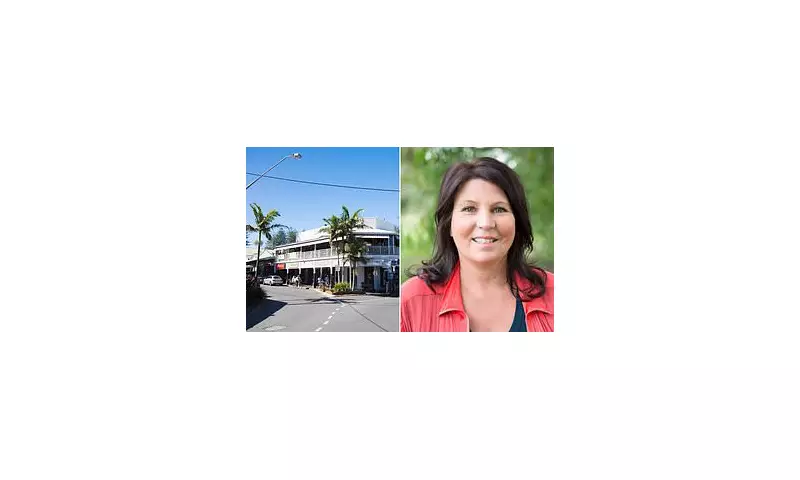
The picturesque coastal town of Byron Bay in New South Wales remains locked in a fierce battle over its housing market, one year after the local council introduced a controversial cap on short-term rentals. The 60-day limit on non-hosted holiday lets was intended to free up properties for locals and combat spiralling rental costs, but new data suggests the measure has not yielded the desired results.
The Housing Crisis and the Council's Gamble
Known as a haven for celebrities, surfers, and yoga instructors, Byron Bay has become a symbolic frontline in Australia's housing crunch. In September 2024, the Byron Shire council enacted a 60-day annual cap on non-hosted short-term rental accommodation (STRA). The policy was a direct attempt to increase the supply of long-term rental homes and reduce prices for residents, who found themselves competing with tourists for housing.
However, Susan Wheeldon, Airbnb's manager for Australia and New Zealand, contends that the experiment has backfired. 'Targeting short-term rentals is not a silver bullet to deal with the housing challenges in Byron Bay,' she stated, arguing that the focus should be on building more homes. A report commissioned by Airbnb from Frontier Economics, published this week, supports this view, indicating that rental prices have climbed to their highest levels on record.
Conflicting Data and Deep-Rooted Issues
The research reveals that the average weekly rent in Byron Bay has increased by seven per cent year-on-year, rising from $1112 to $1193. This figure starkly contrasts with Sydney's median house rent of $780 per week. The dispute also extends to the scale of the short-term rental market itself. The council initially argued that such listings accounted for about 35 per cent of the rental market, a claim Airbnb strongly refutes, stating the true figure is closer to 11 per cent.
Further muddying the waters is a discrepancy in the number of registered properties. While government data cited by Airbnb shows 1004 non-hosted short-term rentals in the Byron Shire, the rental watchdog group Inside Airbnb puts the number nearer to 2200.
A Political and Philosophical Divide
Local Greens MP Tamara Smith, a long-time advocate for reining in holiday lets, successfully lobbied the NSW Labor government to grant the council the power to impose caps in 2023. She views the housing crisis as a product of long-term gentrification. 'These are residentially zoned areas and they need to be for residents,' Ms Smith asserted.
She vehemently disagrees that the issue is purely one of housing supply, describing that notion as a 'complete farce'. Ms Smith warned that without the cap, entire neighbourhoods risked becoming 'like the Truman Show - just 100 per cent short-term rental accommodation,' as there is no deterrent for developers to convert homes into holiday lets. Despite her defence of the policy, she acknowledged that one year is insufficient time to see tangible results in fixing the region's soaring property prices.





